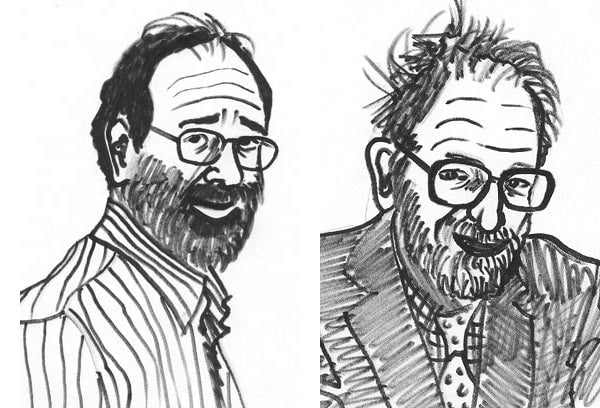Nobel Prize in Economics awarded for matching kidneys to donors and students to schools
The just-announced winners of the Nobel Prize in Economics are Alvin E. Roth of Harvard and Lloyd S. Shapley of UCLA, both game theorists who have broken ground on a highly practical problem: making pairs. Here’s the official explanation from the Royal Swedish Academy of Sciences:

The just-announced winners of the Nobel Prize in Economics are Alvin E. Roth of Harvard and Lloyd S. Shapley of UCLA, both game theorists who have broken ground on a highly practical problem: making pairs. Here’s the official explanation from the Royal Swedish Academy of Sciences:
This year’s Prize concerns a central economic problem: how to match different agents as well as possible. For example, students have to be matched with schools, and donors of human organs with patients in need of a transplant. How can such matching be accomplished as efficiently as possible? What methods are beneficial to what groups? The prize rewards two scholars who have answered these questions on a journey from abstract theory on stable allocations to practical design of market institutions.
It’s worth noting that Shapley holds his PhD in mathematics—not economics. That’s in line with a growing trend toward math in the field.
Roth is an active blogger. In an apparent coincidence, he posted yesterday about “the correlation between national chocolate consumption and per-capita Nobel prizes.” This morning he put up a short post:
